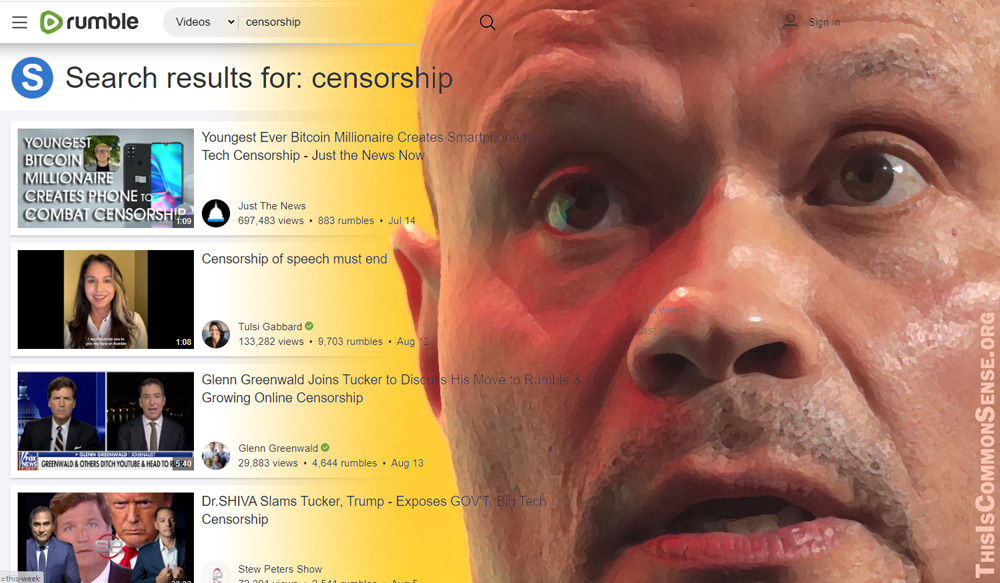Twitter is selling itself to billionaire Elon Musk “for an estimated $44 billion.”
Since deals sometimes fall through at the last second, the sale may yet be thwarted. For example, the government could try to foul things up — objecting, perhaps, to the possibility that if Mr. Musk takes over, obnoxious repression of speech would be dealt a grievous blow.
So, fingers crossed. But say Musk now has Twitter. What next?
Well, Elon Musk should stick to his stated free-speech absolutism. He should unfetter speech on Twitter. He is already being pressured to keep banning “misinformation,” i.e., disagreement with people who certainly don’t want their own alleged misinformation to be censored, only their opponents’.
Others want “hurtful” speech — impassioned polemics and invectives by their adversaries — to be squelched.
Musk has said that Twitter should “just be very cautious” about imposing any bans and suspensions. This is vague. Does it not imply the wrong kind of wiggle room for dealing with controversy? Musk must make no attempt to fine-tune Twitter’s speech to appease the censor faction, for this tribe cannot be satisfied until all with whom they disagree are silenced.
Twitter requires massive, sweeping, immediate changes, including restoring the banned or suspended accounts of all users kicked off for “misinformation” and the like.
Ban terrorists and others calling for — or facilitating — criminal actions. That’s it.
Current Twitter employees who try to sabotage the more free-wheeling policies should be unceremoniously shown the door.
This is Common Sense. I’m Paul Jacob.
—
See all recent commentary
(simplified and organized)





